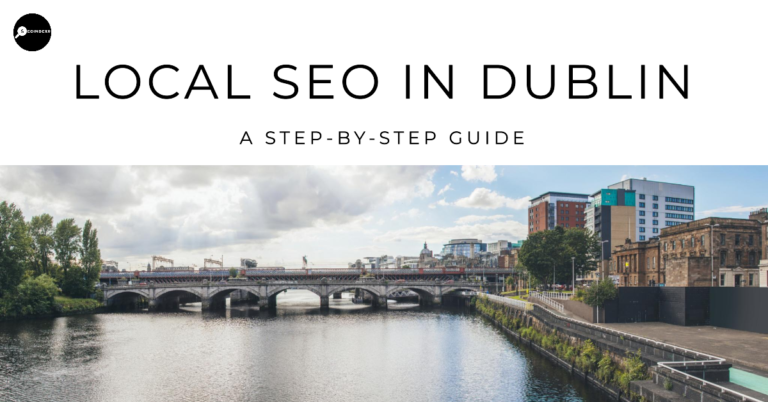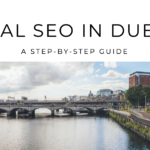Are you struggling to rank well on Google? Are you looking for ways to improve your search engine optimization (SEO) strategy? Look no further because the first step in SEO that will help you rank well on Google is to optimize your website for keywords.
Keyword optimization involves finding and targeting keywords that your audience is searching for and incorporating them into your website’s content. This helps search engines like Google understand what your website is about and match it with relevant search queries.
In this blog post, we will explore the importance of keyword optimization and provide some tips on how to do it effectively.
Table of Contents
ToggleWhy is Keyword Optimization Important?
Keyword optimization is important for several reasons. Firstly, it helps your website appear in relevant search results. When you optimize your website for keywords, you are telling search engines what your website is about and what kind of queries it should be matched with. This makes it more likely that your website will appear in search results when people search for related topics.
Secondly, keyword optimization helps improve the user experience on your website. When you use relevant keywords in your content, it helps your audience find the information they are looking for more easily. This, in turn, leads to longer dwell times on your website, which is a positive ranking factor for search engines.
Finally, keyword optimization helps you stay ahead of your competitors. By targeting specific keywords, you can attract more qualified traffic to your website and improve your chances of converting visitors into customers.
How to Optimize Your Website for Keywords
Now that we understand the importance of keyword optimization, let’s dive into how to do it effectively. Here are some tips to help you get started:
- Conduct Keyword Research
The first step in keyword optimization is to conduct keyword research. This involves identifying the keywords and phrases that your target audience is searching for. There are many tools available to help with keyword research, including Google Keyword Planner, SEMrush, and Ahrefs.
Once you have identified your target keywords, you can begin incorporating them into your website’s content.
- Optimize Your Website’s Content
One of the most important places to incorporate keywords is in your website’s content. This includes your website’s homepage, product pages, blog posts, and any other pages on your website.
When optimizing your content, make sure to include your target keywords in the following places:
- Title tags
- Meta descriptions
- Headings and subheadings
- Body copy
- Image alt tags
- URL structures
However, be careful not to overuse keywords, as this can be seen as spammy by search engines and may hurt your rankings.
- Build High-Quality Backlinks
Another important aspect of SEO is building high-quality backlinks. Backlinks are links from other websites to your website, and they are a key factor in determining your website’s authority and relevance.
To build high-quality backlinks, you can reach out to other websites in your industry and ask for links. You can also create high-quality content that other websites will want to link to naturally.
- Use Social Media
Social media can also be a powerful tool for SEO. When you share your content on social media, it can help drive traffic to your website and improve your website’s visibility in search results.
- Monitor Your Results
Finally, it’s important to monitor your results and make adjustments as needed. Use tools like Google Analytics to track your website’s traffic and see which keywords are driving the most traffic to your website. This will help you optimize your strategy and stay ahead of your competition.
Conclusion
Keyword optimization is the first step in SEO that will help you rank well on Google. By targeting relevant keywords and incorporating them into your website’s content, you can improve your website’s visibility in search results and
By targeting relevant keywords and incorporating them into your website’s content, you can improve your website’s visibility in search results and attract more qualified traffic to your website. Remember to conduct keyword research, optimize your website’s content, build high-quality backlinks, use social media, and monitor your results to ensure that your SEO strategy is effective.
If you need further assistance with your SEO strategy, Contact Us . we can provide you with the expertise and resources you need to improve your website’s ranking on Google and other search engines.
Thank you for reading and good luck with your SEO efforts









